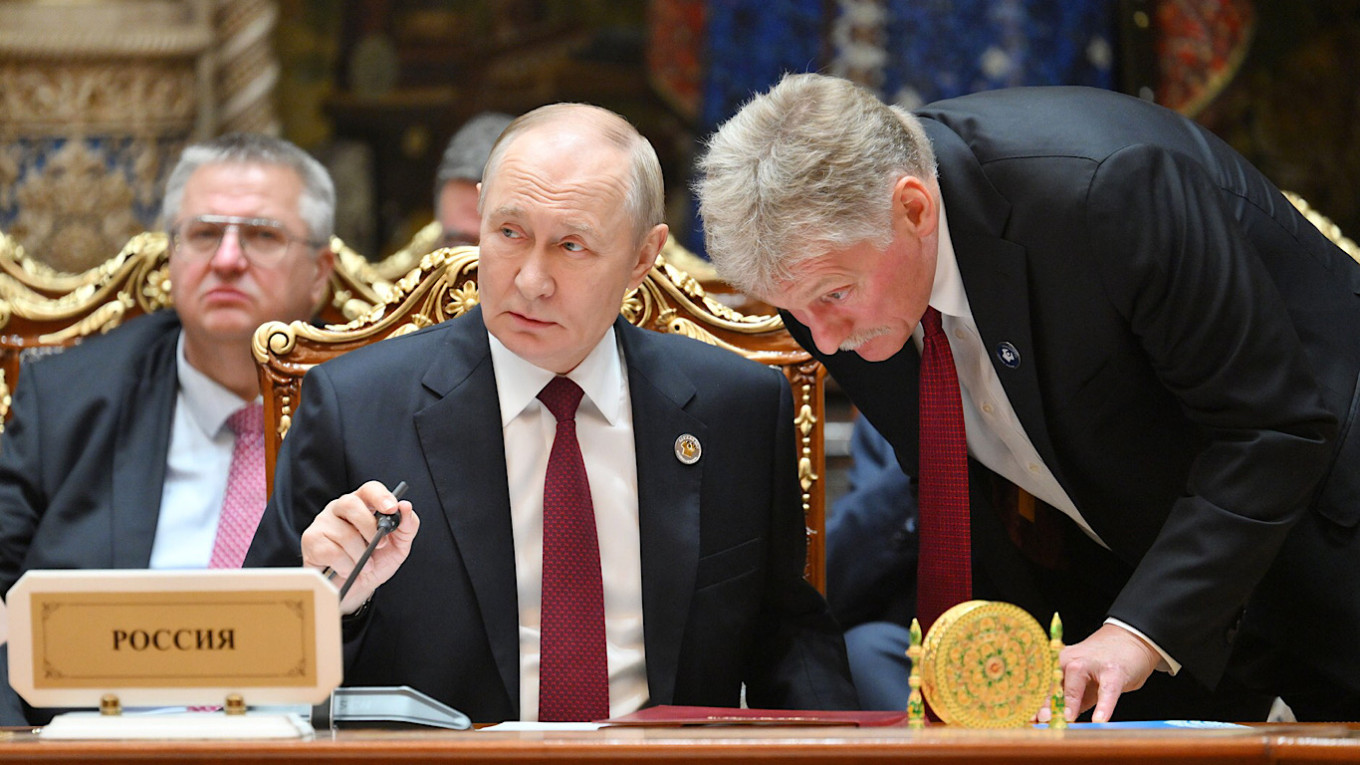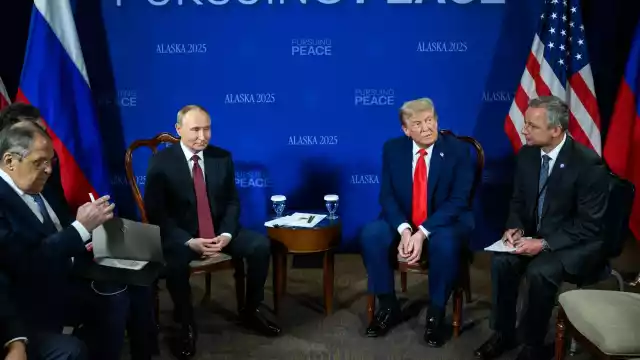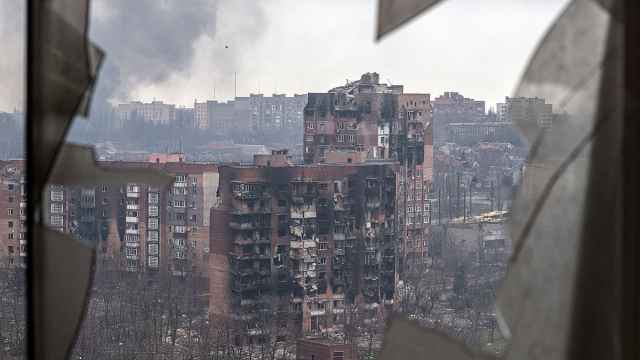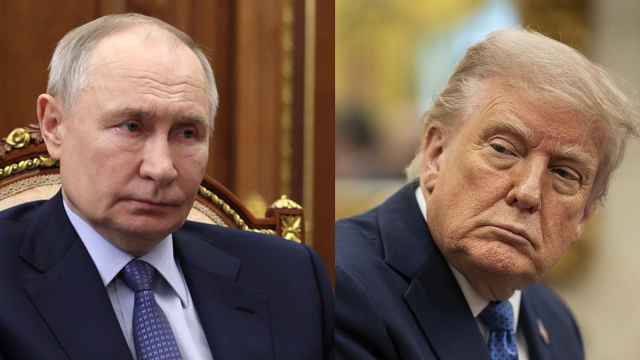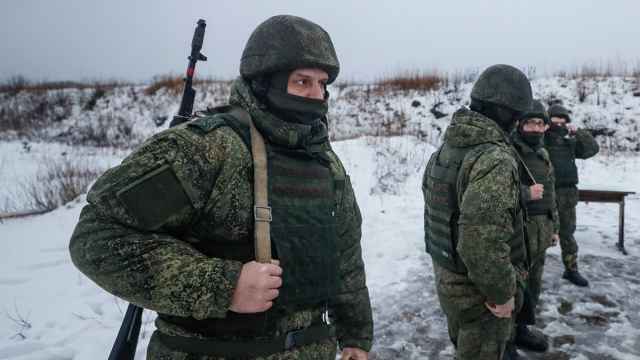“Next time in Moscow?” President Vladimir Putin asked in English, turning to U.S. counterpart Donald Trump as the two leaders addressed a room of officials and reporters after their August summit in Alaska.
Instead, the two leaders have agreed to meet in Budapest, Hungary, in a new attempt to negotiate an end to Russia’s nearly four-year invasion of Ukraine.
The choice of venue immediately set off questions about how Putin, who is sanctioned by the West and wanted by the International Criminal Court on war crimes charges, would reach the central European country.
To reach Budapest, he would have to fly over the airspace of his ally Belarus and then Poland or Slovakia — both European Union and NATO members — a potentially risky route given the current political tensions and both countries’ proximity to Ukraine.
Romania is another possible option, but it is also a NATO and EU member.
Putin's flight route is “of course, still unclear,” Kremlin spokesman Dmitry Peskov told reporters Friday.
“For now, there is the will of the presidents to hold such a meeting. But first, the matter will be worked on by Foreign Minister Lavrov and Secretary of State [Marco] Rubio,” Peskov said.
The meeting will come over two months after their summit in Alaska failed to break the diplomatic impasse over the war in Ukraine. Trump has voiced increasing frustration with Putin and weighed increased military support to Kyiv since then.
According to the Kremlin, Trump proposed the idea of holding the meeting in Budapest, which Putin “immediately” supported.
Putin has not visited Europe since launching 2021, when he and then-U.S. President Joe Biden met in Geneva.
He has been under an arrest warrant from the ICC for the illegal deportations of Ukrainian children since 2023, something that has significantly curtailed his international travel. Russia itself is not a member of the ICC.
Hungary has announced its withdrawal from the ICC but is theoretically still a member until June 2026.
That is not necessarily a dealbreaker. ICC member Mongolia refrained from detaining Putin when he visited the country in 2024. The country said its failure to arrest the Russian leader was due to “a position of energy dependency” on Moscow.
Hungary's foreign minister said Friday that his country would ensure that Putin can enter and "hold successful talks" with the U.S. despite the ICC arrest warrant.
Hungarian Prime Minister Viktor Orban “expressed readiness to provide the conditions” for the Budapest summit, the Kremlin said.
The authoritarian prime minister previously called Budapest the "only place in Europe today where such a meeting can be held" because of what he described as Hungary's "consistent" stance for peace.
The European Union welcomed the proposed meeting, a spokesperson said at a briefing on Friday, adding that Putin is subject to an asset freeze, not a travel ban.
Switzerland, which is not in the EU or NATO, has in the past issued special permits allowing sanctioned Russian officials to enter the country.
In July, Federation Council Speaker Valentina Matviyenko and a delegation of senior officials attended the World Conference of Speakers of Parliament in Geneva.
And Lavrov in 2024 attended a two-day OSCE summit in Switzerland, his first visit to the EU since Russia's invasion of Ukraine.
AFP contributed reporting.
A Message from The Moscow Times:
Dear readers,
We are facing unprecedented challenges. Russia's Prosecutor General's Office has designated The Moscow Times as an "undesirable" organization, criminalizing our work and putting our staff at risk of prosecution. This follows our earlier unjust labeling as a "foreign agent."
These actions are direct attempts to silence independent journalism in Russia. The authorities claim our work "discredits the decisions of the Russian leadership." We see things differently: we strive to provide accurate, unbiased reporting on Russia.
We, the journalists of The Moscow Times, refuse to be silenced. But to continue our work, we need your help.
Your support, no matter how small, makes a world of difference. If you can, please support us monthly starting from just $2. It's quick to set up, and every contribution makes a significant impact.
By supporting The Moscow Times, you're defending open, independent journalism in the face of repression. Thank you for standing with us.
Remind me later.


